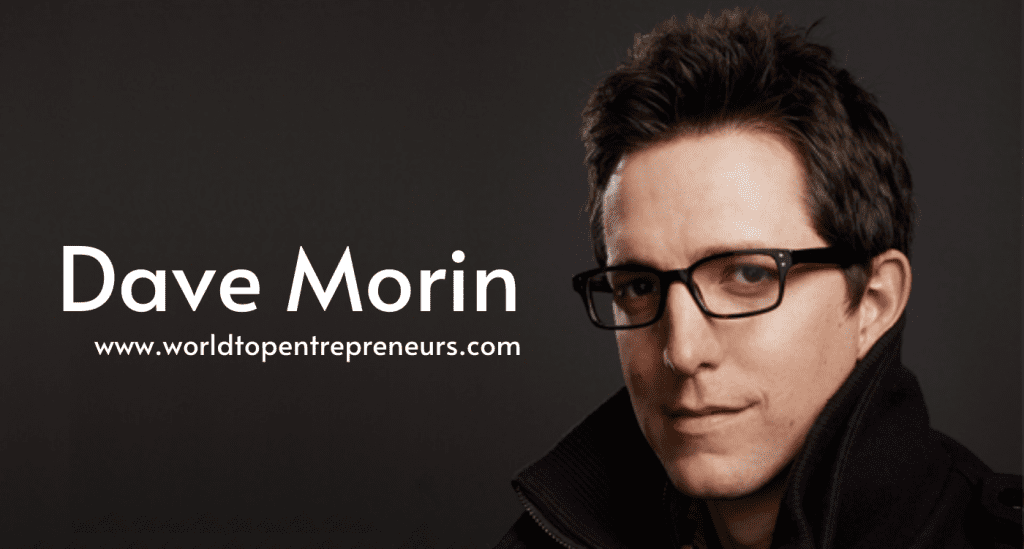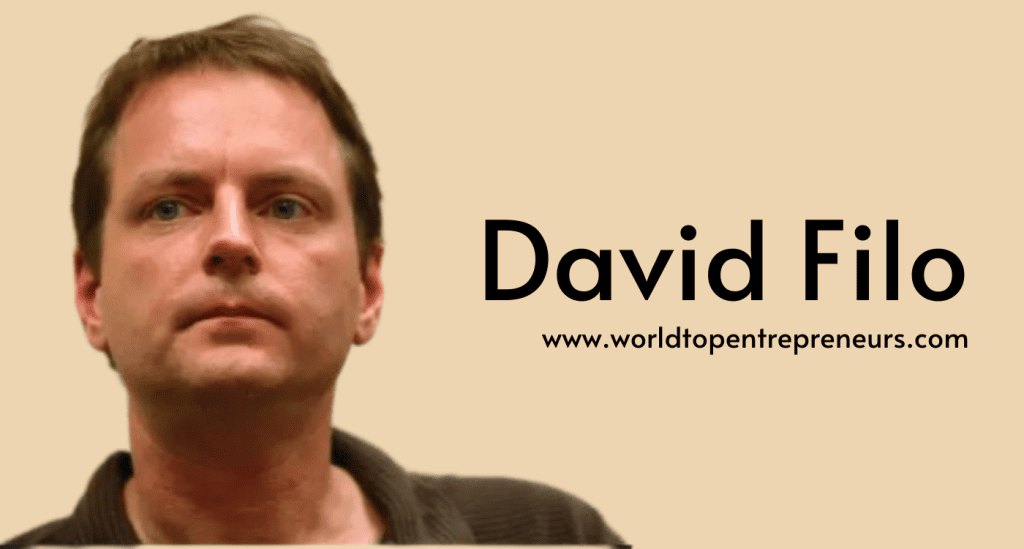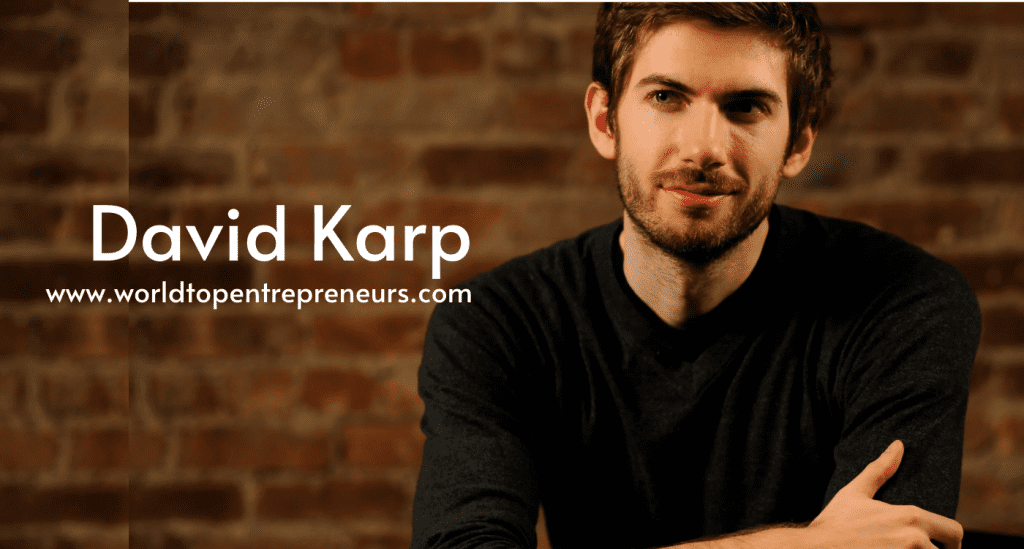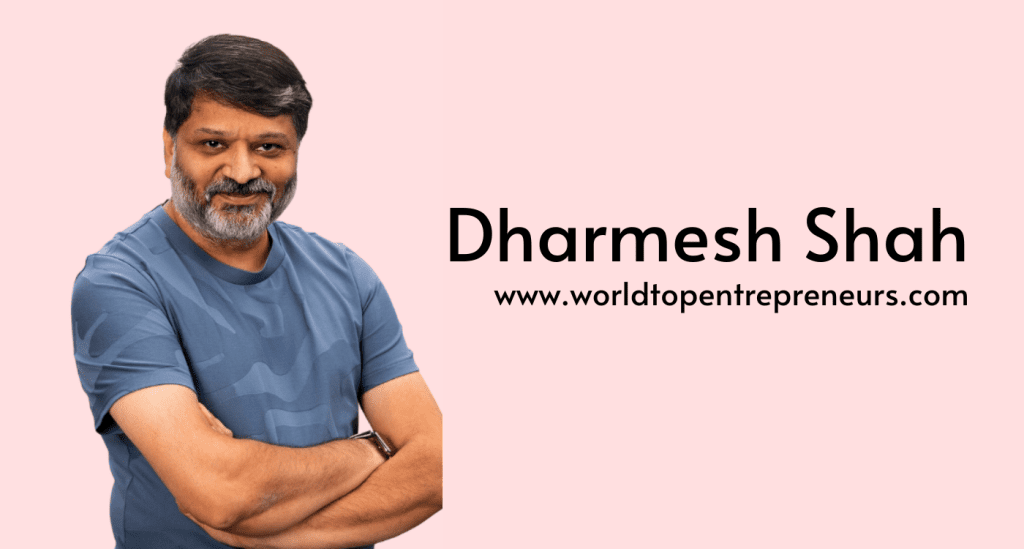Fredrik Wester is a name that resonates with gamers and industry experts alike, especially those familiar with grand strategy games and niche genres. As the former CEO and current Executive Chairman of Paradox Interactive, Wester has played an instrumental role in transforming a modest Swedish game studio into a globally recognized powerhouse. Known for hit franchises like Crusader Kings, Europa Universalis, and Stellaris, Paradox has not only thrived under Wester’s leadership but has also redefined what success looks like for niche gaming markets.
Early Life and Entry into Gaming :
Fredrik Wester was born in 1974 in Sweden, a country with a burgeoning technology and gaming sector. His passion for video games started early, but his entry into the industry was more serendipitous. Before fully dedicating himself to gaming, Wester worked in various sectors, including tech, sales, and business development. His background in entrepreneurship gave him a unique perspective when he finally joined Paradox in 2003.
Wester started at Paradox as a consultant, offering strategic advice on the company’s business model. By 2004, he had officially joined the company, and in 2009, he became its CEO. At the time, Paradox was relatively small, catering primarily to a niche market of hardcore strategy gamers. Wester recognized the potential in sticking to this niche, while also expanding Paradox’s reach by exploring new business models and expanding the company’s game portfolio.
Innovating with Niche Games :
One of Fredrik Wester’s most significant contributions to the gaming industry is his belief in the power of niche games. While many studios chase mainstream success with broad-appeal titles, Paradox under Wester’s leadership focused on creating deep, complex games that appealed to a dedicated, passionate audience.
The “grand strategy” genre, which Paradox became famous for, is known for its complexity, historical depth, and long playtime. Games like Europa Universalis and Hearts of Iron have thousands of devoted fans who spend hundreds of hours mastering their intricate mechanics. These games don’t follow the traditional mold of AAA titles, yet they have built an incredibly loyal fanbase. Wester’s philosophy was that by listening to these players and consistently delivering high-quality, content-rich experiences, Paradox could thrive without having to compete directly with larger studios on their terms.
Pioneering the DLC Model :
Another innovation that Wester brought to the forefront at Paradox was the DLC (Downloadable Content) model. Paradox was one of the first companies to embrace the idea of selling extra content post-launch, long before it became common practice in the gaming industry. The idea was simple: instead of building entirely new games, why not expand the ones that people already love?
This model was particularly successful with titles like Crusader Kings II, which was continuously supported with new expansions and content packs for years after its release. It allowed Paradox to maintain a steady revenue stream while keeping players engaged and excited about their favorite games. Moreover, the company gained a reputation for transparency and fairness in how it approached DLCs, ensuring that players who didn’t purchase every expansion could still enjoy a complete experience.
Leadership Transition :
In 2018, Fredrik Wester announced that he would step down as CEO of Paradox Interactive, passing the baton to Ebba Ljungerud, while Wester took on the role of Executive Chairman. The move marked a new chapter for Paradox, but Wester remained deeply involved in the company’s strategic direction. Under his watchful eye, Paradox continued to expand its portfolio, embracing new genres and platforms, including mobile and console gaming.
While no longer CEO, Wester’s influence on Paradox’s culture, philosophy, and future growth remains strong. He has always advocated for an open and collaborative approach to game development, frequently interacting with the community and taking player feedback seriously. This player-centric ethos has been a cornerstone of Paradox’s success and is likely to continue to be a key part of the company’s DNA.
Beyond Paradox: Investments and Influence
Outside of his work at Paradox, Fredrik Wester is also an active investor in the gaming industry. He has supported various startups and indie game developers, contributing to the broader gaming ecosystem. Wester’s belief in the future of interactive entertainment is evident in his investment choices, often backing projects that push the boundaries of conventional game development.
He has also been vocal about the challenges facing the gaming industry, from crunch culture to diversity issues. Wester advocates for a more sustainable work environment in game development, calling for a balance between passion and practicality. His leadership style, which emphasizes transparency and work-life balance, is seen as a refreshing counterpoint to the stories of burnout and toxic work culture that sometimes emerge from the gaming world.
Legacy and Conclusion
Fredrik Wester’s legacy in the gaming world is one of innovation, resilience, and unwavering dedication to a vision. By focusing on niche audiences and innovating within that space, Wester transformed Paradox Interactive from a small studio into a globally respected brand. Under his leadership, Paradox became synonymous with rich, complex, and player-focused games, all while pioneering business models that many studios would later adopt.
As Executive Chairman, Wester’s journey is far from over. His continued influence in Paradox’s strategic decisions and his broader investments in the gaming industry suggest that Fredrik Wester will remain a key figure in interactive entertainment for years to come. For gamers, developers, and business leaders alike, his story is a testament to the power of vision and the importance of staying true to your audience.
In a world where many chase trends, Fredrik Wester proves that success often lies in embracing what makes you unique.





















